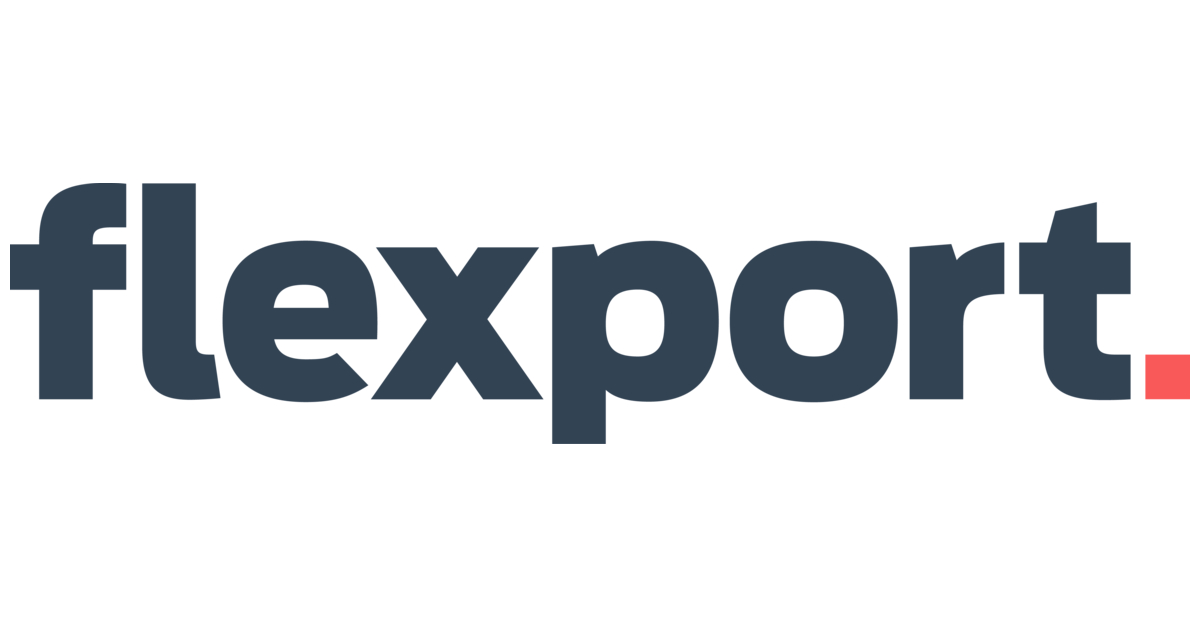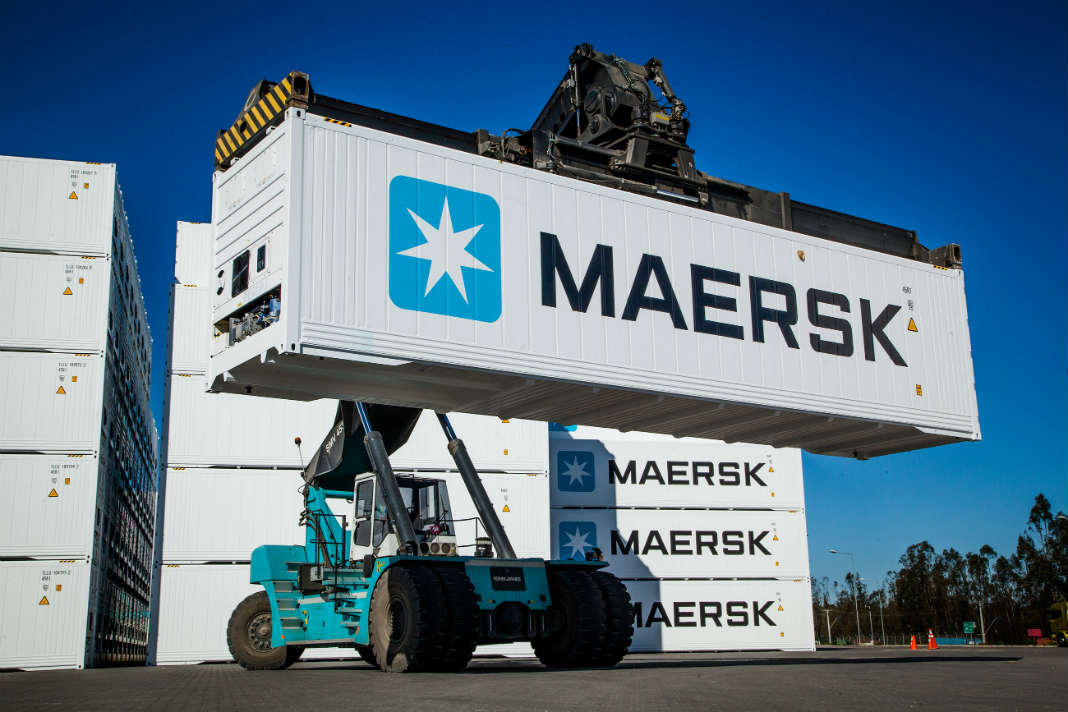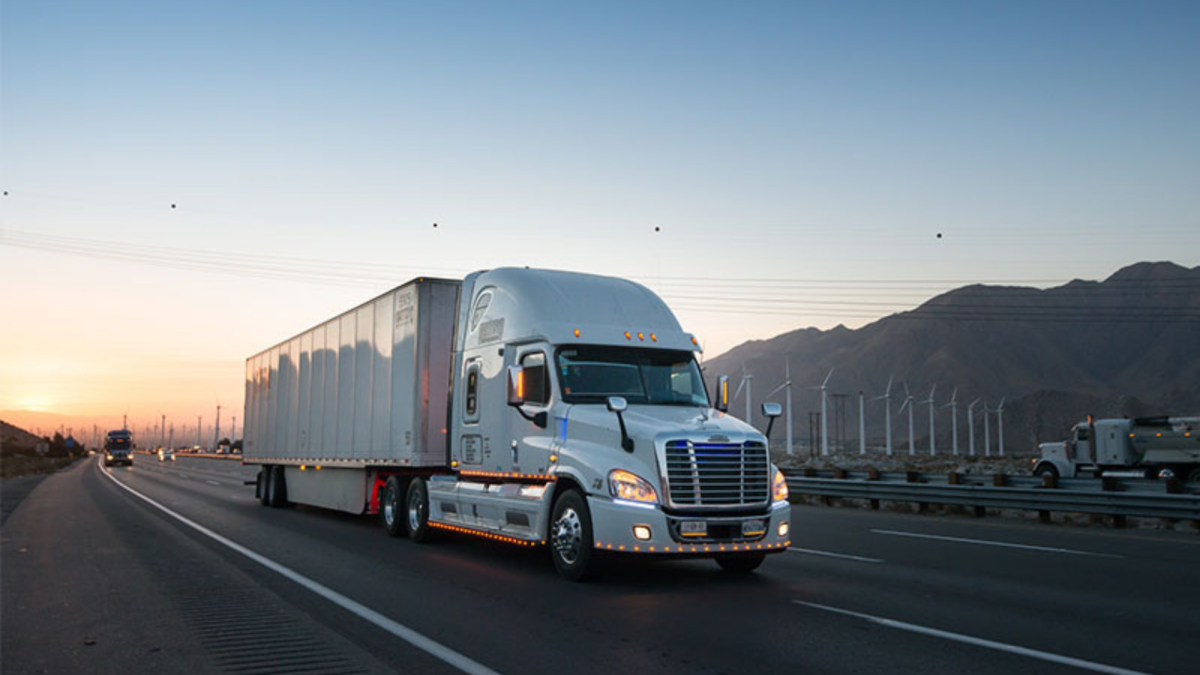U.S. intermodal transports, in which railroads carry containers and truck trailers, were down nearly 12% in the first six weeks of this year from a year ago, according to the Association of American Railroads, after tumbling in the second half of last year even as retailers and manufacturers rushed to bring in goods.
Trucking and rail industry officials say demand to move freight 500 miles or more—which is often done by rail—remains strong, as companies restock depleted inventories. But shippers are more often than usual choosing highways over railroads because shortages of labor, equipment and warehouse space across supply chains can create unpredictable delays.
Intermodal transport, which uses trucking for the final leg of delivery, is slower and more complicated than long-haul trucking. But it is also cheaper and less damaging to the environment.
Demand is contributing to high trucking rates, spot rates on the Los Angeles to Chicago routes are up 59% year-over-year, or $1.04 a mile.
But railroad officials say there are signs intermodal freight is beginning to bounce back, intermodal cargo volumes on container ships en route to the United States are up 25% compared with the start of the year.
Growth + Change = Opportunity!



